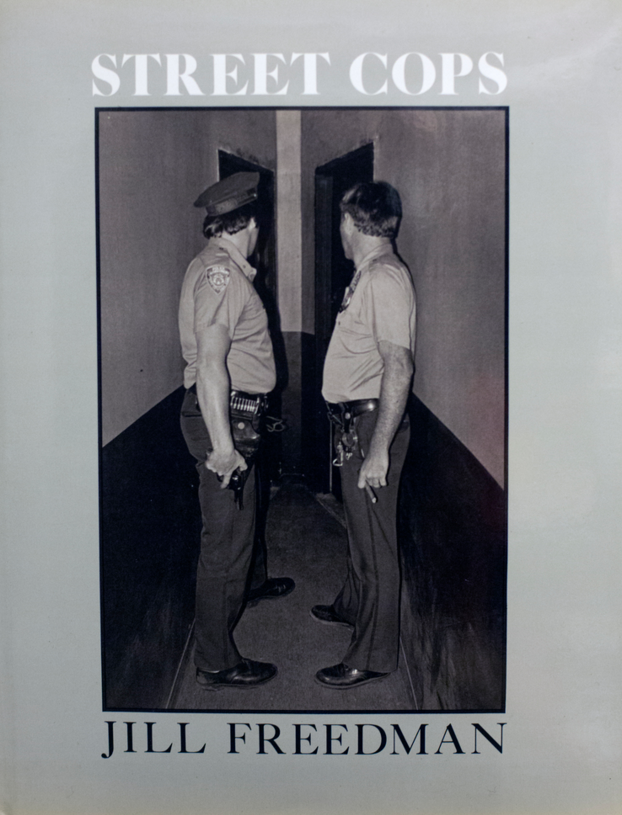I was writing a novel about a mysterious old lady who lives in a skylight room, and I had a good morning pattern going: Walk the dog, come home, hit the keys. Lots of people walk their dogs in this British suburb called Hampton, and if you stick to a routine, you’re going to cross leashes with the same people.
The person I fell into stride with nearly every morning was a remarkable woman named Clare Owen, a widow in her eighties living happily with her two dogs.
She had the brightest blue eyes I’ve ever seen. I wasn’t surprised to learn she’d been an actress most of her life, movies as well as theater, and I wondered when she’d retired.
The answer was, never. She was still working, auditioning on Zoom. This, at the height of the pandemic!
“I have a part in a rap video,” she told me matter-of-factly one morning.
I was stunned. “A rap video?”
“Oh, I’m not actually rapping. I’m sitting on a bench with two other ladies, eating ice cream. My daughter was quite upset at me for being out and about, and I said, ‘I’m not going to just sit around the bloody house!’ “
Well, that was Clare, telling it like it was as she maintained a brisk walking pace through sunshine and rain, getting those dogs the exercise they needed, and (inadvertently) giving me some inspiration I needed.
“Clare,” I said one morning, “I’m writing this book about a lady in Greenwich Village who’s lived in a skylight room for seventy years. She reminds me of you, and I wondered if you’d let me call her Clare Owen.”
She laughed out loud. “By all means, go right ahead!”
And so from that morning on, the hero of my book had a name. I heard Clare’s voice as I typed. I never wrote anything Clare actually said, but the spirit of my character was hers. Feisty, independent, and funny.
When my final draft was ready I printed it out and delivered it to Clare’s house. I was nervous. My fictional Clare lives a wild young life in Greenwich Village, which ends up costing her big-time. Would the real Clare like the story? Would I still have permission to use her name? I’d find out in an email, the very next day.
“Finished it this morning,” Clare wrote. “Could not stop reading it except when I had to go to sleep. I loved it. You are more than welcome to use my name.”
What a relief! So I went ahead and published “The Skylight Room,“ dedicating it in part to “the real Clare Owen.” She got a kick out of that.
After that, I saw less of Clare. I knew she had health issues, and one day in October I dropped by her house to find one of her sons standing outside, looking grim. Clare was inside, on palliative care. She’d been in the hospital and wanted to come home. She died a few days later, just weeks past her 85th birthday.
I’m glad she liked my book. I’m glad she gave me permission to use her name. And I’m glad about one more thing - a story I later heard about Clare’s ride home from the hospital.
Seems the big yellow ambulance was rumbling along when Clare suddenly spoke up.
“There’s a Costa coffee up ahead,” she said to the paramedics. “Let’s stop and have a cup.”
And so they did, these medical professionals who probably still can’t believe that a woman in Clare's condition would want to stop for coffee.
But I wasn’t surprised. The real Clare Owen lived a life that was good to the last drop. My Clare Owen would have done the same thing.
Link to The Skylight Room:
https://www.amazon.com/SKYLIGHT-ROOM-Charlie-Carillo-ebook/dp/B09836B84N



















